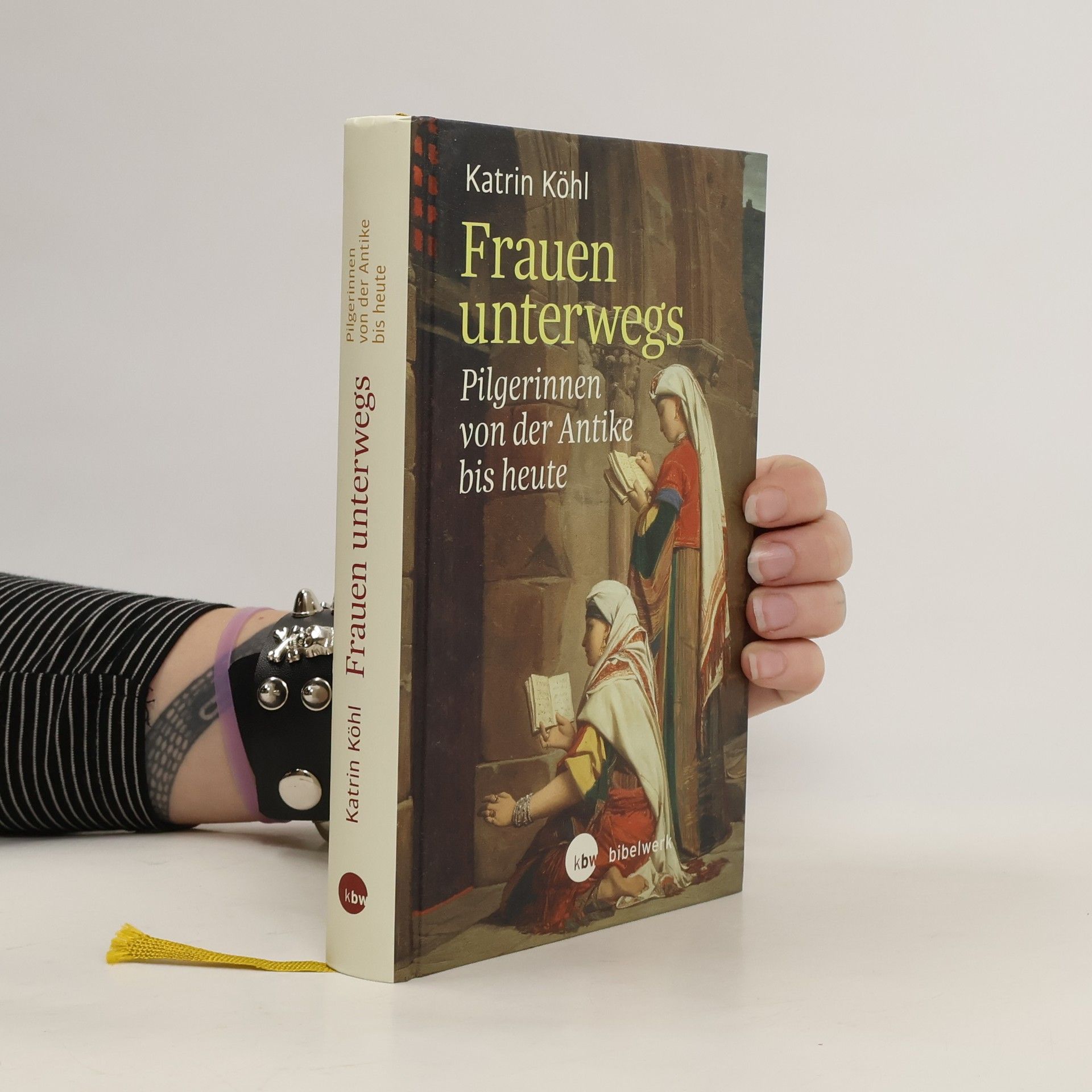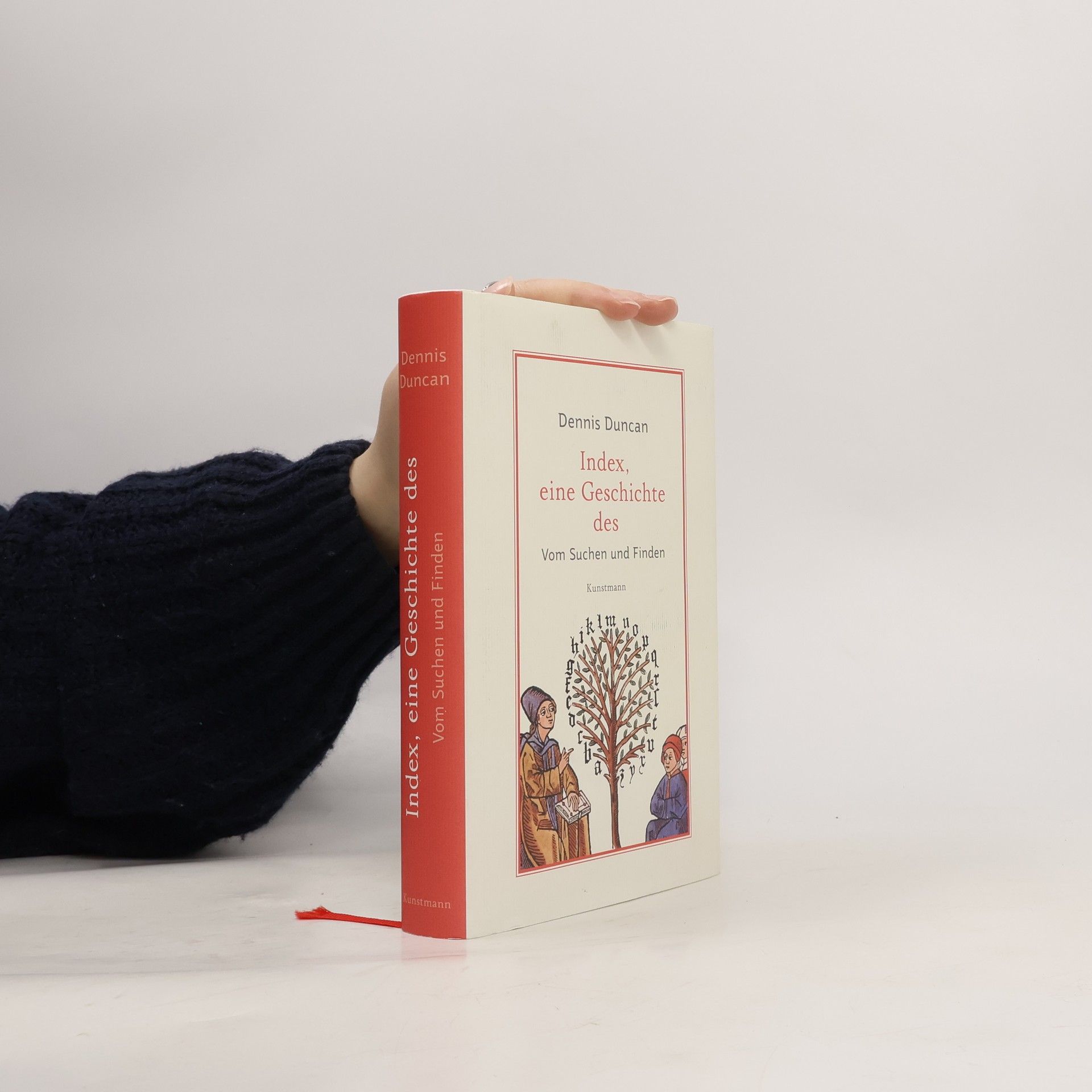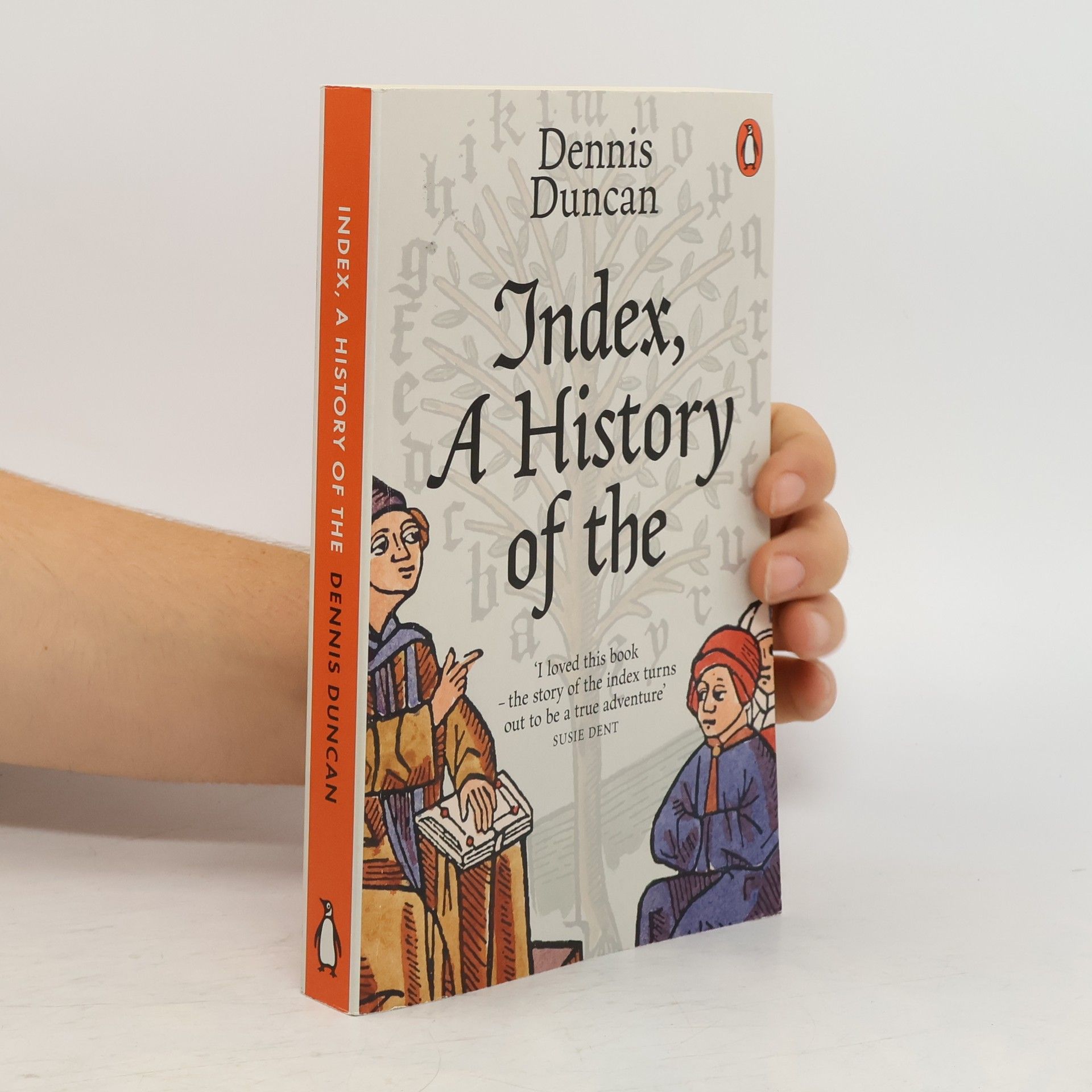Index, eine Geschichte des
Vom Suchen und Finden





Vom Suchen und Finden
Pilgerinnen von der Antike bis heute
"Jerusalem, Rom, Santiago de Compostela – die großen Pilgerziele haben zu allen Zeiten Menschen in ihren Bann gezogen. In früheren Jahrhunderten war der Weg mit vielen Gefahren verbunden. Was bewegte Frauen sich auf dieses Wagnis einzulassen? Unter welchen Voraussetzungen konnten sie überhaupt aufbrechen? Wie gingen sie mit den Strapazen der Reise um und welche Tricks nutzten sie, um sich zu schützen? Die Historikerin Katrin Köhl stellt in diesem Buch verschiedene Pilgerinnen vor: frühchristliche Asketinnen, Mystikerinnen des Mittelalters, Frauen, die auf Kreuzzügen mitreisten, orientreisende Forscherinnen des 19. Jh. sowie moderne Pilgerinnen. Dabei zeigt sich immer wieder, wieviel Hartnäckigkeit und Mut, Neugier und Einfallsreichtum diese modernen Frauen auszeichnete. Ergänzt werden die Texte durch 16 farbige Bildseiten mit Bildern von Pilgerinnen aus der Kunst sowie historische Fotographien." --Provided by publisher
A story of ambition, obsession and alphabetical order Most of us give little thought to the back of the book - it's just where you go to look things up. But here, hiding in plain sight, is an unlikely realm of ambition and obsession, sparring and politicking, pleasure and play. Here we might find Butchers, to be avoided, or Cows that sh-te Fire, or even catch Calvin in his chamber with a Nonne. This is the secret world of the index- an unsung but extraordinary everyday tool, with an illustrious but little-known past. Here, for the first time, its story is told. Charting its curious path from the monasteries and universities of thirteenth-century Europe to Silicon Valley in the twenty-first, Dennis Duncan reveals how the index has saved heretics from the stake, kept politicians from high office and made us all into the readers we are today. We follow it through German print shops and Enlightenment coffee houses, novelists' living rooms and university laboratories, encountering emperors and popes, philosophers and prime ministers, poets, librarians and - of course - indexers along the way. Revealing its vast role in our evolving literary and intellectual culture, Duncan shows that, for all our anxieties about the Age of Search, we are all index-rakers at heart, and we have been for eight hundred years.
It might seem as if globalization is making the whole world speak English. But spend time in any major city and you are likely to encounter a cornucopia of languages. Even monolingual people have different ways of speaking to their bosses or teachers, their intimate friends or their pets. And if you live in India or Nigeria, you might use five different languages during a typical day. Katrin Kohl makes a passionate case for why we must embrace languages in all their diversity. When you study a language, you open a unique doorway into the world, immerse yourself in a different way of seeing, and discover new ways of communicating with people from different cultures on their terms. Kohl argues that language diversity is of vital importance to human societies, sustaining the complexity of human nature, culture and technology. We should care about preserving it as much as we care about preserving the diversity of our biological world.
Weihnachten ist nicht nur die Zeit der Geschichten, sondern auch des Vorlesens! In Gruppen oder in der Familie kann die Feier mit einer guten Geschichte zur Sternstunde werden. In diesem Band finden sich Weihnachtsgeschichten aus aller Welt, darunter Klassiker und Geschichten von heute. Sie erzählen alle vom Weihnachtswunder, das Menschen bei unerwarteten Begegnungen, Pannen, mit überraschenden Gästen oder Begebenheiten erleben. Die Geschichten fragen nach dem Weihnachtsgeheimnis, und da sie relativ kurz sind, eignen sie sich besonders gut zum Vorlesen. Für jede Kurzgeschichte gibt es eine praktische Angabe zur Vorlesezeit (3 - 15 Minuten). Die Auswahl der Geschichte wird zudem durch die thematische Ordnung nach folgenden Stichworten erleichtert: Weihnachtsüberraschung, Weihnacht der Kinder, Besinnliches und Hintersinniges, Wunder der Weihnacht und Weihnachten, das Fest der Liebe. Mit Geschichten von Agnes Sapper, Bertolt Brecht, Brigitta Rambeck, Tanja Dückers, Karin Masur, Hans Fallada, Otfried Preussler, Viveca Lärn-Sundvall, John Gordon, Maeve Binchy, Walter Benjamin, Marie Luise Kaschnitz, Karl Heinrich Waggerl, R. Sprung, Helmut Wöllenstein, Heinrich Böll, Gerhard Karrer, Selma Lagerlöf, Paul Keller, Felix Timmermans, Fritz Vincken, Ludwig Thoma, O. Henry, Jürgen Banscherus, Father Joe.